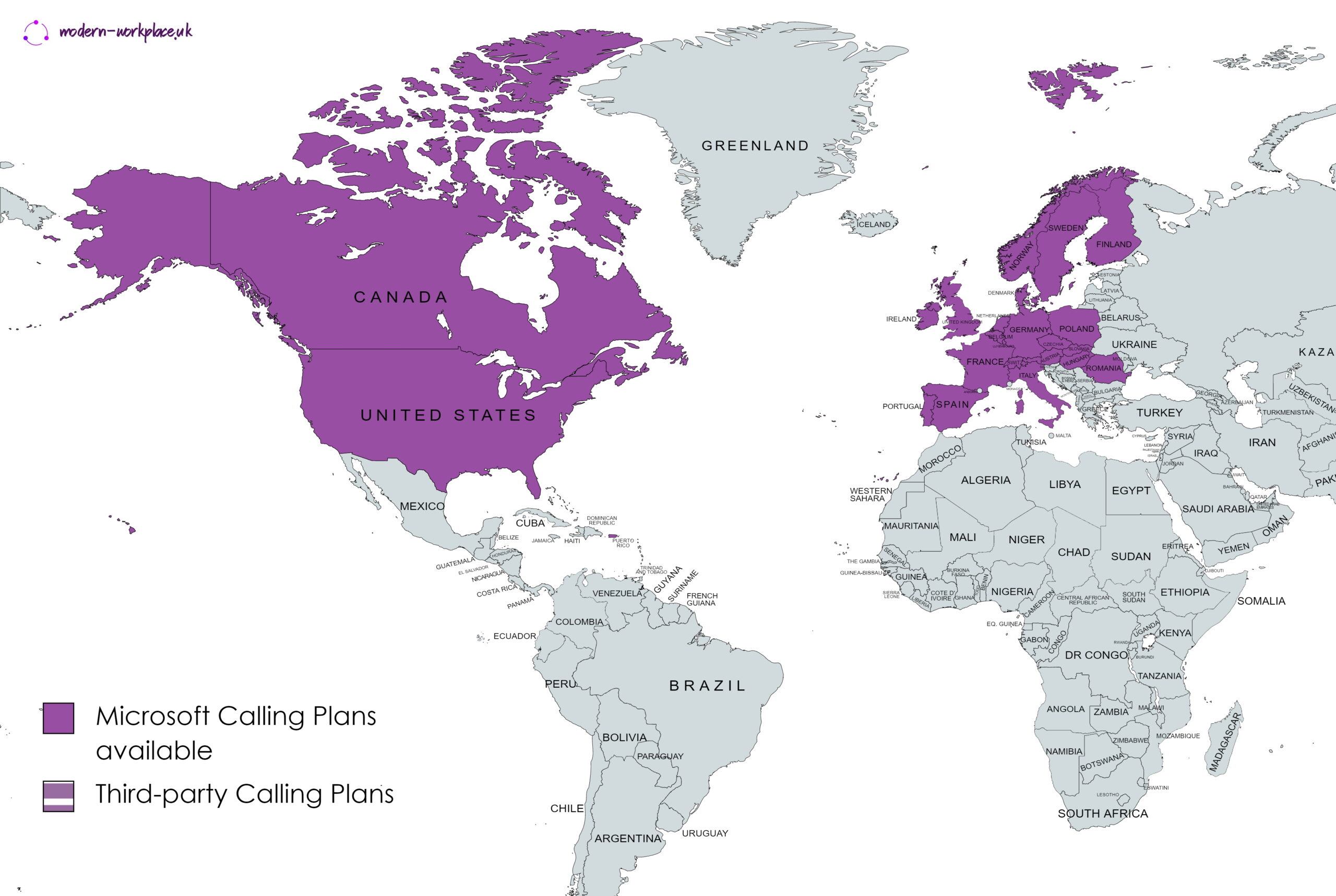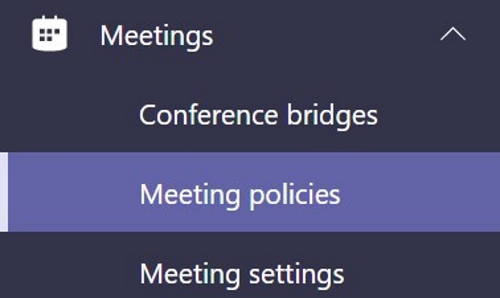This is a really complex certification exam. I am preparing myself for it (again, because I failed it for a few points in the past) and I thought that a list of the free resources I am using could be helpful for other people that are preparing it too. This is the first part of the materials I suggest to prepare for the certification exam
The list of the skills measured (at the end of this post) is based on the exam guide below shows the changes that will be implemented on November 24, 2021
Exam MS-101: Microsoft 365 Mobility and Security – Skills Measured
Links to study resources
Use compliance policies to set rules for devices you manage with Intune
Learn about assessment templates in Compliance Manager
Devices or Users: When to target which policy type in Microsoft Endpoint Manager (Intune)
Apply a sensitivity label to content automatically
Create and configure retention policies
Use network upload to import your organization’s PST files to Microsoft 365
Assign and complete improvement actions in Compliance Manager
Assign administrator and non-administrator roles to users with Azure Active Directory
Get started with insider risk management
Manage sensitivity labels in Office apps
Learn about sensitivity labels
Microsoft Defender Antivirus compatibility with other security products
Microsoft Defender for Identity role groups
Device Compliance settings for Windows 10/11 in Intune
Data loss prevention reference
Learn about communication compliance in Microsoft 365
General Data Protection Regulation Summary
Search the audit log in the compliance center
Configuring super users for Azure Information Protection and discovery services or data recovery
Set up a connector to archive LinkedIn data
File types supported by the Azure Information Protection (AIP) unified labeling client
Get started with records management
Overview of importing your organization’s PST files
Preview eDiscovery search results
Permissions in the Security & Compliance Center
Partially indexed items in eDiscovery
Export a Content search report
Set up compliance boundaries for eDiscovery investigations
Learn about retention policies and retention labels
Sensitive information type entity definitions
App protection policies overview
View Defender for Office 365 reports in the Microsoft 365 Defender portal
Use network upload to import your organization’s PST files to Microsoft 365
To Enable the Azure Information Protection Super User Feature
Learn about retention for Exchange
Understanding Unified Labeling migration
Grant the Everyone claim to external users in Office 365
Frequently asked questions for Azure Information Protection (AIP)
Configure usage rights for Azure Information Protection
Get started with retention policies and retention labels
Use file plan to manage retention labels
Acquire apps in Microsoft Store for Business and Education
Manage audit log retention policies
Configure permissions filtering for eDiscovery
App configuration policies for Microsoft Intune
Deploying the Microsoft Rights Management connector
Configuring servers for the Microsoft Rights Management connector
How DLP works between the Microsoft 365 Compliance Center and Exchange admin center
Azure Active Directory Identity Protection notifications
DLP policy conditions, exceptions, and actions
Plan a Conditional Access deployment
Implement modern device services (40-45%)
- Plan device management
- Plan device monitoring
- Plan Microsoft Endpoint Manager implementation and integration with Azure AD
- Plan for configuration profiles
- Manage device compliance
- Plan for device compliance
- Plan for attack surface reduction
- Configure security baselines
- Configure device compliance policy
- Plan and configure conditional access policies
- Plan for apps
- Create and configure Microsoft Store for Business
- Plan app deployment
- Plan for mobile application management (MAM)
- Plan Windows 10 deployment
- Plan for Windows as a Service (WaaS)
- Plan for managing Windows quality and feature updates
- Plan Windows 10 Enterprise deployment methods
- Analyze upgrade readiness for Windows 10 by using services such as Desktop Analytics
- Evaluate and deploy additional Windows 10 Enterprise security features
- Enroll devices
- Plan for device join or device registration to Azure Active Directory (Azure AD)
- Plan for manual and automated device enrollment into Intune
- Enable device enrollment into Intune
Implement Microsoft 365 security and threat management (20-25%)
- Manage security reports and alerts
- Evaluate and manage Microsoft Office 365 tenant security by using Secure Score
- Manage incident investigation
- Review and manage Microsoft 365 security alerts
- Plan and implement threat protection with Microsoft 365 Defender
- Plan Microsoft Defender for Endpoint
- Design Microsoft Defender for Office 365 policies
- Implement Microsoft Defender for Identity
- Plan Microsoft Cloud App Security
- Plan information protection by using Cloud App Security
- Plan policies to manage access to cloud apps
- Plan for application connectors
- Configure Cloud App Security policies
- Review and respond to Cloud App Security alerts
- Monitor for unauthorized cloud applications
Manage Microsoft 365 governance and compliance (35-40%)
- Plan for compliance requirements
- Plan compliance solutions
- Assess compliance
- Plan for and implement privileged access management
- Plan for legislative and regional or industry requirements and drive implementation
- Manage information governance
- Plan data classification
- Plan for classification labelling
- Plan for restoring deleted content
- Implement records management
- Design data retention labels and policies in Microsoft 365
- Implement Information protection
- Plan an information protection solution
- Plan and implement sensitivity labels and policies
- Monitor label alerts and analytics
- Deploy Azure Information Protection unified labels clients
- Configure Information Rights Management (IRM) for workloads
- Plan for Windows information Protection (WIP) implementation
- Plan and implement data loss prevention (DLP)
- Plan for DLP
- Configure DLP policies
- Monitor DLP
- Manage search and investigation
- Plan and configure auditing
- Plan and configure eDiscovery
- Implement and manage insider risk management
- Design a Content Search solution


